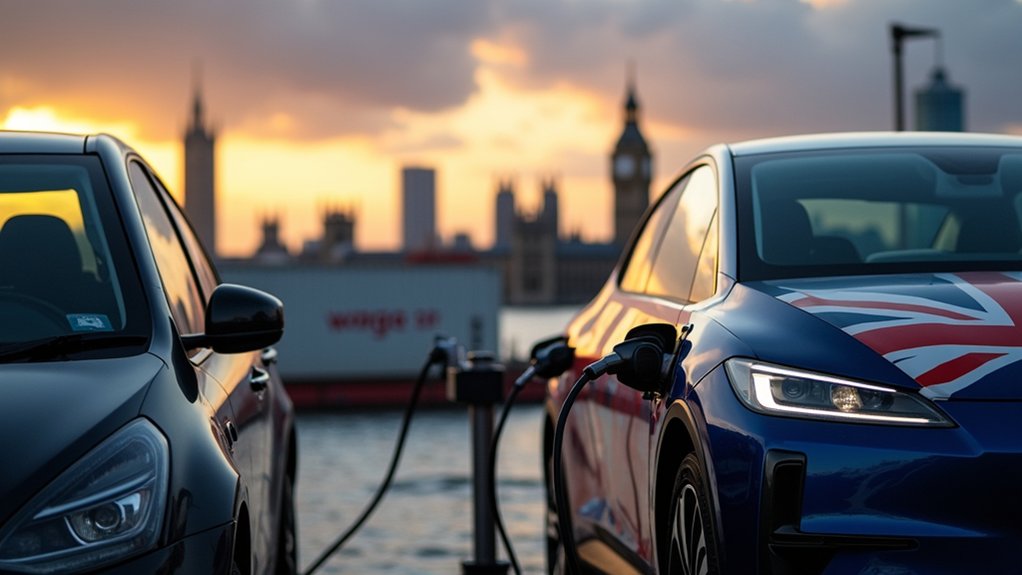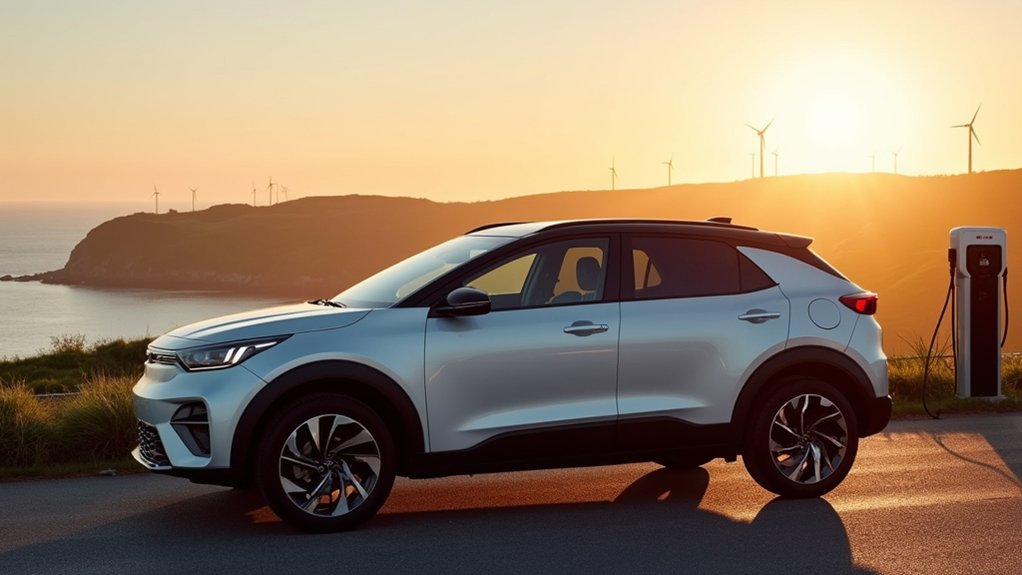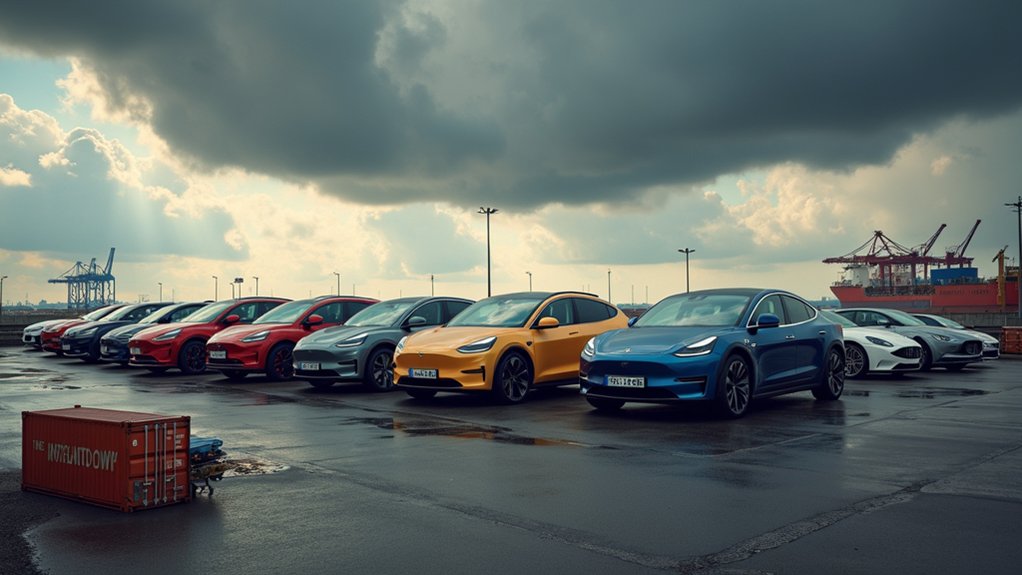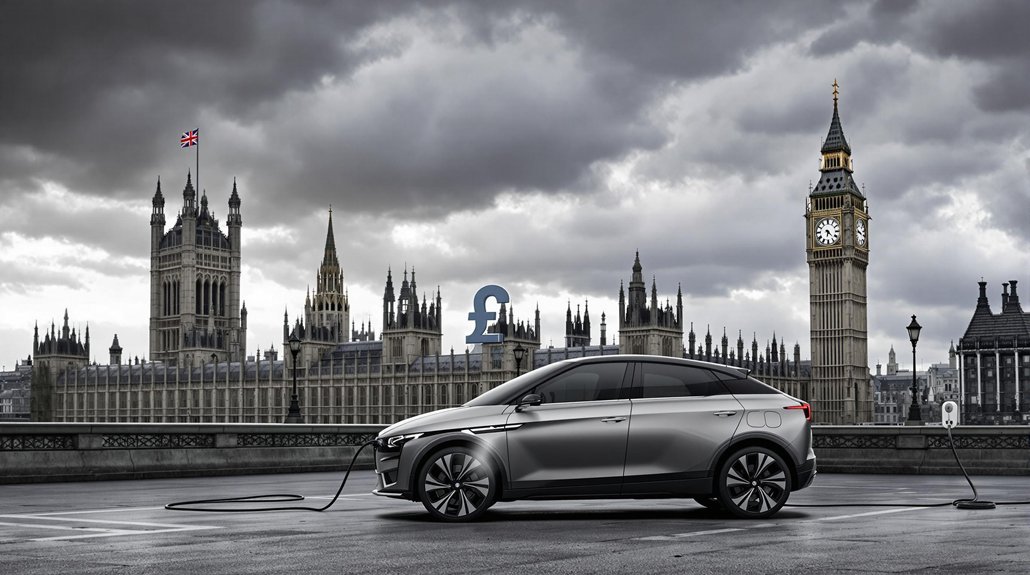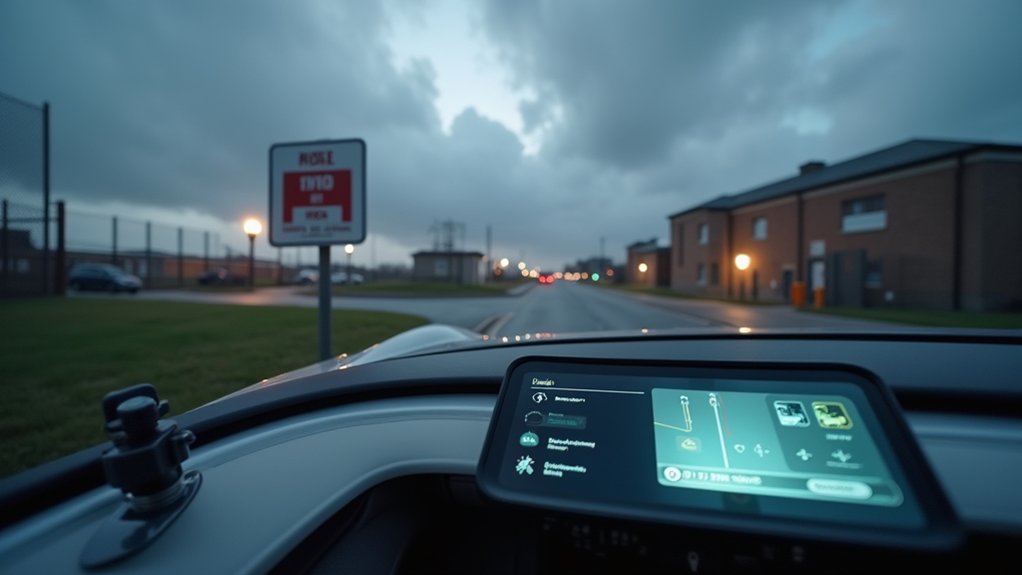While maintaining its long-term commitment to zero-emission vehicles, the UK government has considerably relaxed its electric vehicle mandates, extending hybrid vehicle sales until 2035 and reducing near-term EV targets. Full hybrids such as the Nissan Qashqai e-Power and Toyota Prius benefit from this policy shift, giving manufacturers additional breathing room in their shift strategies.
Particularly, premium marques like Aston Martin and McLaren have secured exemptions from the 80% EV sales requirement by 2030, acknowledging the unique challenges faced by low-volume producers.
The revised ZEV framework introduces substantial flexibility for automakers. Annual targets have been eased to 28% EV sales mix by 2025, a significant reduction that better aligns with current market realities. Credit borrowing provisions now extend until 2030, while per-vehicle fines have decreased from £15,000 to £12,000.
The UK’s pragmatic revisions to EV mandates reflect essential flexibility while maintaining the long-term zero-emission vision.
I’ve observed that these adjustments strike a pragmatic balance between environmental ambition and market practicality.
This policy recalibration comes amid serious external pressures, particularly the 25% tariffs imposed by the United States on imported vehicles. With the U.S. accounting for 27% of UK car exports last year, these trade barriers pose a substantial threat to British manufacturers. Jaguar Land Rover was forced to pause U.S. shipments for a month due to the substantial cost impact of these tariffs.
The government’s response appears calculated to preserve industry viability while maintaining environmental progress.
Financial support remains robust, with £2.3 billion allocated to bolster EV production and supply chains. The UK could learn from the American NEVI program which distributes $5 billion over five years to enhance charging infrastructure nationwide. Private investment exceeding £6 billion has been directed toward charging infrastructure, critical for accelerating adoption.
Consumer demand, however, continues to lag behind mandated levels by approximately eight percentage points. The market shows signs of growth with 382,000 electric vehicles sold last year, indicating potential for increased adoption despite current challenges.
Automakers have welcomed these changes while emphasizing the need for alignment with EU regulations to streamline compliance across markets.
The policy recalibration reflects a more measured approach to the EV shift, acknowledging that the path to electrification involves complex market dynamics and consumer preferences.
Despite these accommodations, the ultimate goal remains unchanged: complete shift to zero-emission new vehicle sales by 2035.
